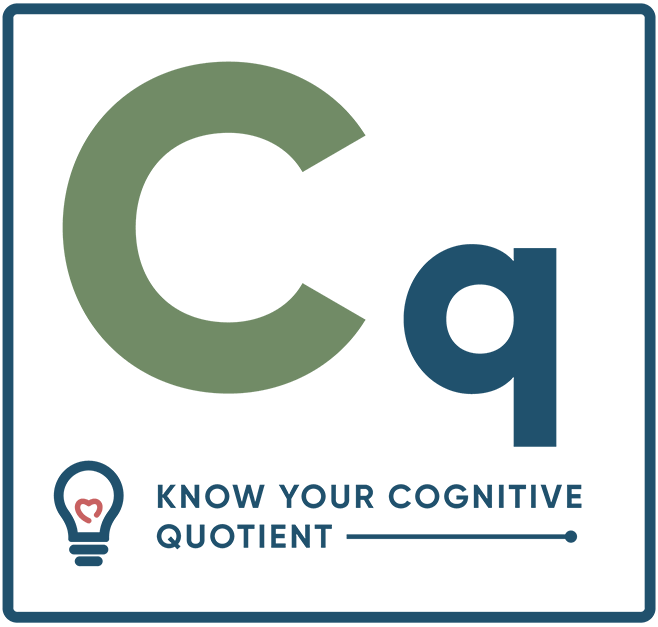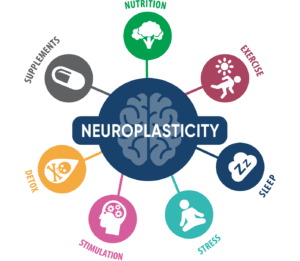In an innovative approach that has the potential to transform the management of cognitive decline, a team led by Heather Sandison, N.D., conducted a clinical trial testing the efficacy of a personalized medicine protocol using a multimodal, individualized care plan approach to treat cognitive decline in 34 participants with objective cognitive impairment (OCI), a precursor to Alzheimer’s disease, over six months. The resulting paper, co-authored by Ram Rao, Ph.D., the Principal Research Scientist for Apollo Health, “Observed Improvement in Cognition During a Personalized Lifestyle Intervention in People with Cognitive Decline,” was recently published in the Journal of Alzheimer’s Disease. The multimodal intervention included lifestyle changes (i.e., movement, diet, and stress management), nutraceutical support, and medications. It was delivered pragmatically over four clinical visits, and outcome measures were gathered at four study visits, occurring at baseline, one, three, and six months (primary endpoint).
The Bredesen Seven
The lifestyle interventions adopted during this study were inspired by the seven foundational strategies used in the Bredesen Protocol, known as the Bredesen Seven (B7). The key tenets of the B7 are proper nutrition with KetoFLEX 12/3, a plant-rich, nutrient-dense, whole foods diet, exercise that increases cerebral blood flow and brain-derived-neurotrophic factor (BDNF), restorative sleep of seven to eight hours, stress mitigation, brain stimulation, detoxification to resolve exposures to mycotoxins, and personalized supplementation.
Significant improvements were observed across all Cambridge Brain Sciences battery domains, including memory, reasoning, verbal ability, and concentration, and Montreal Cognitive Assessment (MoCA) scores, indicating enhanced cognitive performance (see image below). The study provides evidence for the potential efficacy of individualized interventions in addressing cognitive decline, targeting various factors that contribute to the progression of the disease. Select the button below to read the paper in full.




